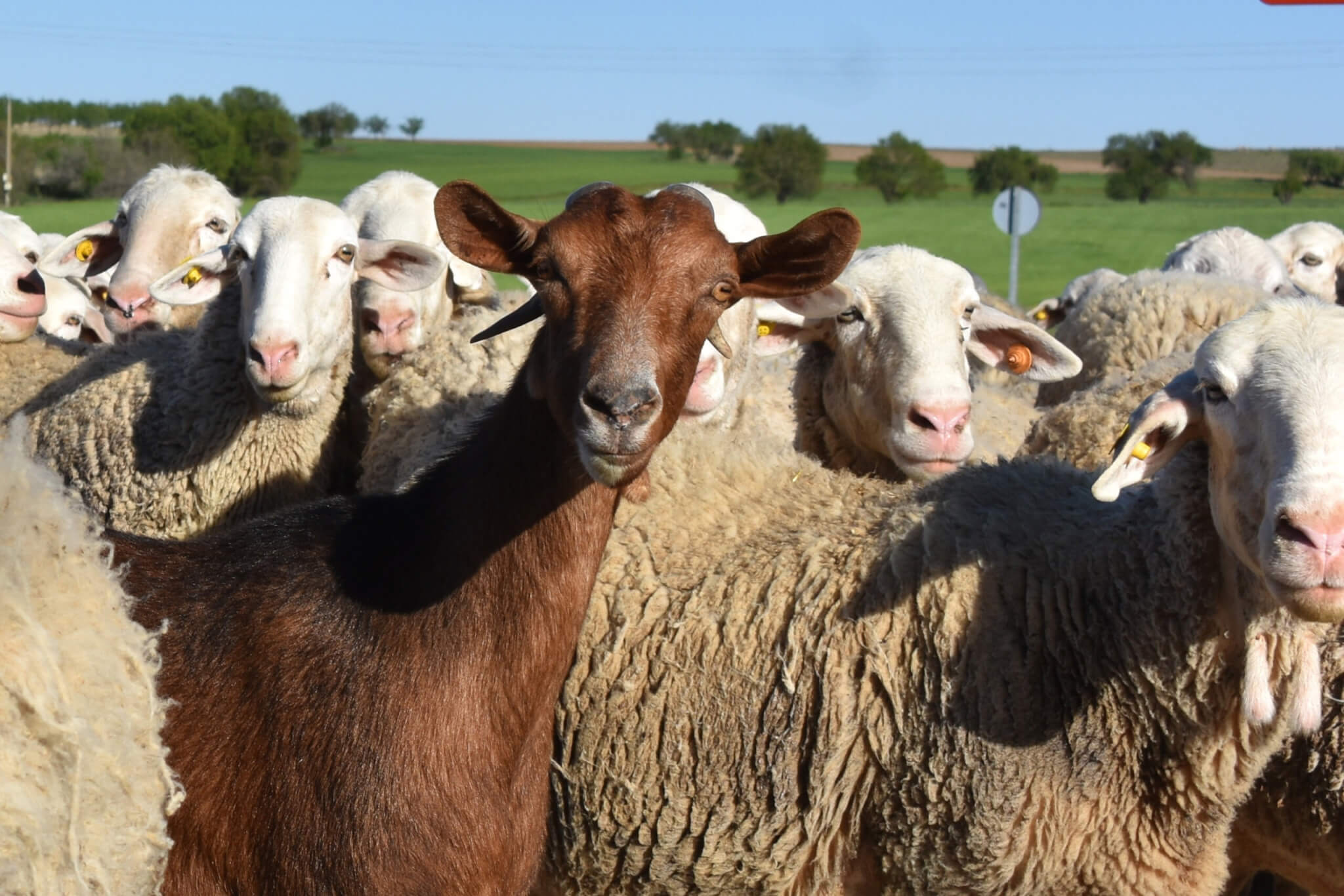31 “When the Son of Man comes in His glory, and all the holy angels with Him, then He will sit on the throne of His glory. 32 “All the nations (1484 ἔθνος ethnos) will be gathered before Him, and He will separate them one from another, as a shepherd divides his sheep from the goats. 33 “And He will set the sheep on His right hand, but the goats on the left. (Matt. 25:31-33 NKJ)
The interpretation “My brethren” refers to the raptured Church, while the sheep and goats represent two different groups of professing Christians (converted and unconverted), rests on a detailed exegesis of Matthew 25:31–46. Below is a premise-by-premise analysis to support this interpretation:
Premise 1: The Timing of the Judgment
- Textual Support: Matthew 25:31 situates the judgment at the return of Christ in glory with His angels. This is consistent with eschatological passages describing Christ’s return (e.g., Matthew 24:29-31; 1 Thessalonians 4:16-17; Revelation 19:11-16).
- Implication: The timing aligns with the rapture of the Church and subsequent judgment of those who remain, particularly those exposed to the Gospel.
Premise 2: The Definition of “Ethnos” (Nations)
- Textual Support: The Greek term “ethnos” (1484, ἔθνος) has a range of meanings, including “nations” in a geopolitical sense, or “Gentiles,” and even “Christian groups” in context-specific uses (e.g., Galatians 2:12; Matthew 28:19).
- Interpretation: In Matthew 25, the context suggests “all nations” refers specifically to groups accountable for their response to the Gospel. This includes professing Christians, as the parables preceding this passage (e.g., Ten Virgins and Talents) focus on those who were aware of Christ’s coming but failed to prepare.
Premise 3: “My Brethren” Are the Raptured Church
- Textual Support: Matthew 25:40 identifies the “brethren” of Christ as those closely identified with Him. This is supported by Romans 8:29, where believers are called “brethren” of Christ, and 1 Corinthians 6:2-4 where it is stated “saints will judge the world”. Revelation 20:4–6 confirms saints rule with Christ as kings and priests.
- “These My brethren” in Matthew 25:40 implies they are seated with Him as He spoke.
- Implication: These “brethren” are believers already glorified and reigning with Christ, not those undergoing judgment.
Premise 4: The Sheep Represent Churchgoers Converted After the Rapture
- Textual Support: The sheep are praised for their works of compassion towards Christ’s brethren (Matthew 25:34-36). Their behavior implies faith expressed through action (James 2:14-26). The timing of this judgment implies these had helped the persecuted church during their tribulation against Antichrist.
- The sheep address Christ as Lord (Matthew 25:37)
- Interpretation: These sheep likely represent those who proved they “received Christ” vicariously when they aided the saints during the Tribulation period, distinguished by their acts of kindness towards Christ’s “brethren” (the raptured and persecuted believers).
Premise 5: The Goats Are Unconverted Professing Christians
- Textual Support: The goats also address Jesus as “Lord” (Matthew 25:44), indicating familiarity with Him but failing to demonstrate the vicariously “received Him” by obeying His teachings. This echoes Christ’s warning in Matthew 7:21–23 that not all who call Him “Lord” will enter the Kingdom and Luke 6:46-49 where those who do not obey Christ’s teachings suffer.
- Interpretation: The goats symbolize unconverted individuals within the visible Church—those who outwardly profess faith but lack genuine transformation.
- The parable of the Darnel and Wheat in Matthew 13:24-30 has significant parallels with this context, where a separation of similar appearing grain results in the Darnel being burned.
Premise 6: Judgment Is Based on Response to the Gospel
- Textual Support: The distinction between sheep and goats centers on their treatment of “Christ’s brethren” (Matthew 25:40, 45). This reflects their response to the message of the Gospel as proclaimed by the raptured Church and persecuted believers during the Tribulation.
- Implication: This judgment does not include non-Christians or those ignorant of the Gospel but is specific to those exposed to its truths. The apostle Peter said “judgment must begin first at the house of God” (1 Peter 4:17).
Premise 7: Exclusion of General Non-Christians
- Textual Support: Matthew 25:31–46 lacks references to a general resurrection or final judgment of all humanity, which is detailed elsewhere (Revelation 20:11-15). The judgment here is distinct, involving only those aware of Christ and His message.
- Implication: The judgment focuses on those accountable for rejecting or accepting the Gospel.
Premise 8: The Outcome Reflects Preparedness
- Textual Support: Parables leading up to this judgment (e.g., Ten Virgins and Talents) emphasize preparedness and stewardship in anticipation of Christ’s return.
- Implication: The sheep (converted believers) are commended for their readiness and service, while the goats (unconverted professing Christians) are condemned for neglecting their responsibilities.
Conclusion
- The Raptured Church: “My brethren” refers to the raptured believers reigning with Christ, exempt from judgment (John 5:24; 1 Thessalonians 4:17).
- The Sheep: Represent those failed to convert to Christ before the rapture but would if given the chance. They had vicariously “received Christ” by loving His brethren during the Tribulation, evidenced by their faithful response to the Gospel and their service to Christ’s brethren.
- The Goats: Represent false converts within the visible Church, exposed as lacking true faith by their neglect of Christ’s brethren.
This interpretation aligns with the broader eschatological narrative, emphasizing accountability for those exposed to the Gospel. It highlights the centrality of faith expressed through action and distinguishes between nominal and genuine followers of Christ.
